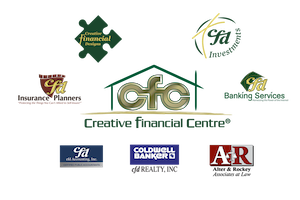|
Feb
21
2019
Thursday, February 21 2019
I remember after the housing crisis of 2008 hit watching incredulously as every mainstream media outlet allowed Democrat Barack Obama make political hay out of it by adding this line to his stump speech:
There’s no need to re-adjudicate what has been demonstrated repeatedly about that crisis by objective logic. In an effort to brag to Americans about how their policies put more people in homes than ever before, politicians from both parties (including Bill Clinton and George W. Bush) leaned on government lending agencies Freddie Mac and Fannie Mae to make unwise loans to high-risk home purchasers. When those purchasers could no longer make their payments – something that normal banks would have seen coming and never given a loan to in the first place – it precipitated a foreclosure crisis. Long story short: it was government that created the problem, not the free market. Yet, as is so often the case, the very people who made the mess come rushing in, promising to give themselves more power so that they can fix the problem (which again, they made in the first place). I was thinking about that example recently when I came across a fantastic thread written by Economics thinker, writer, and novelist Russell Roberts that set the record straight on so much of what mainstream media is pushing these days in conjunction with their favored party’s presidential candidates. With the rise of Democratic Socialism in the Democrat Party – from Bernie Sanders to Alexandria Ocasio-Cortez to Kamala Harris – the argument is often made that free-market economics has failed too many people in the United States and we need to try something else. Roberts correctly calls this, “one of the greatest sleights of hand in intellectual history,” as he brilliantly continues asking where neoliberal free-market policy has taken control in America:
Unsurprisingly, plenty of people missed Roberts’ point entirely. Many began pointing to the elements of our economy that are still free-market oriented. But that’s not the point. No one is arguing that the American economy is full socialist. What Roberts has admirably pointed out is that it is flatly absurd to suggest that what we are experiencing in all these sectors of our economy are not the result of a market that is, as Obama would say, “running wild.” To the contrary, the Milton Friedman school of free market economics has been on the run in America for decades, so find another scapegoat. |
 |










